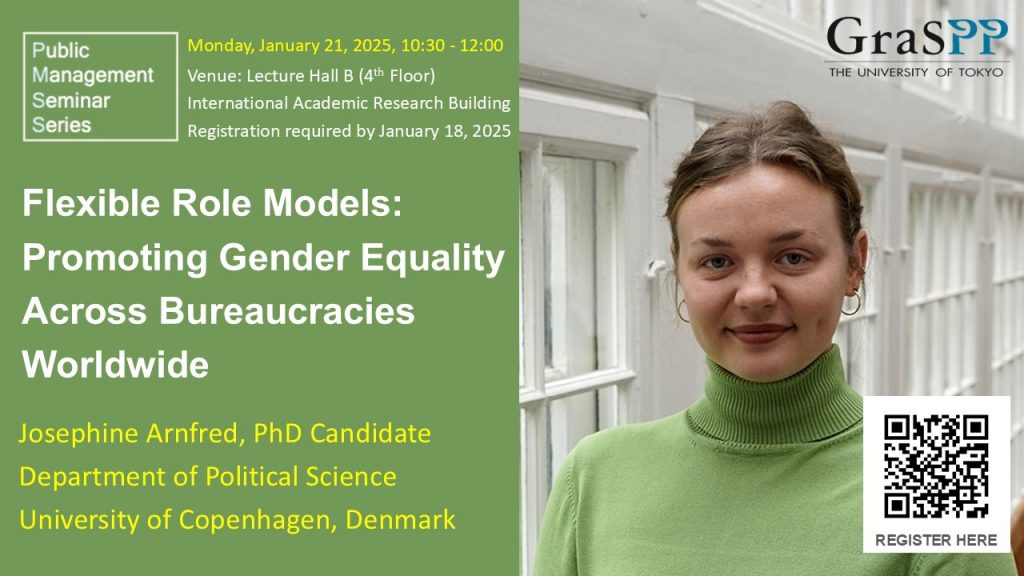
Across the globe, high-level bureaucrats hold significant power to shape our societies. However, women still make up a rather small part of these bureaucrats. Reasons for this are abundant and vary across countries, but a lack of “people like me” in powerful positions could be one important factor.
In this paper, I argue that previous research on role models often overlooks the structural factors influencing leadership positions, particularly the possibility of balancing family and career. I hypothesize that women can benefit from being exposed to role models that have the temporal flexibility to spend time with their kids while still climbing the organizational ladder. To test my argument, I implement a role model intervention in a pre-registered survey experiment among 6,058 women in 12 countries worldwide.
Using a 2×2 vignette experiment, I find that, on average, women increase their preferences for a position in public management when they are exposed to a role model who showcases a more flexible work-life (0.15 SDs, p < 0.001). I observe a small difference in the effect dependent on gender, indicating that same-gender role models are still preferred. This has implications for governments worldwide that aim to enhance gender equality in the upper echelons of their bureaucracies.
Date & Time
January 21, 2024, 10:30 – 12:00
Venue
Lecture Hall B, 4th floor, International Academic Research Building (ACCESS)
Speaker
Josephine Arnfred
PhD Candidate at Department of Political Science, University of Copenhagen, Denmark

